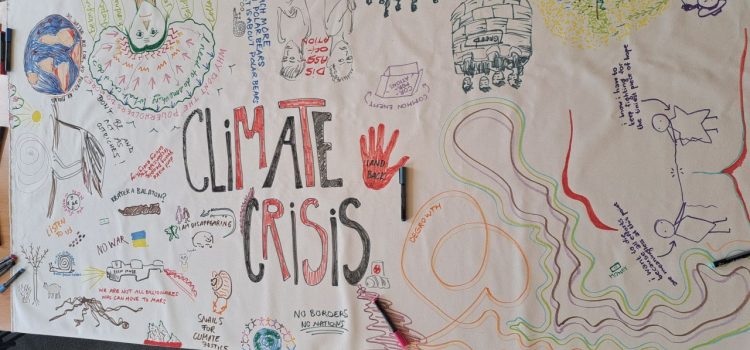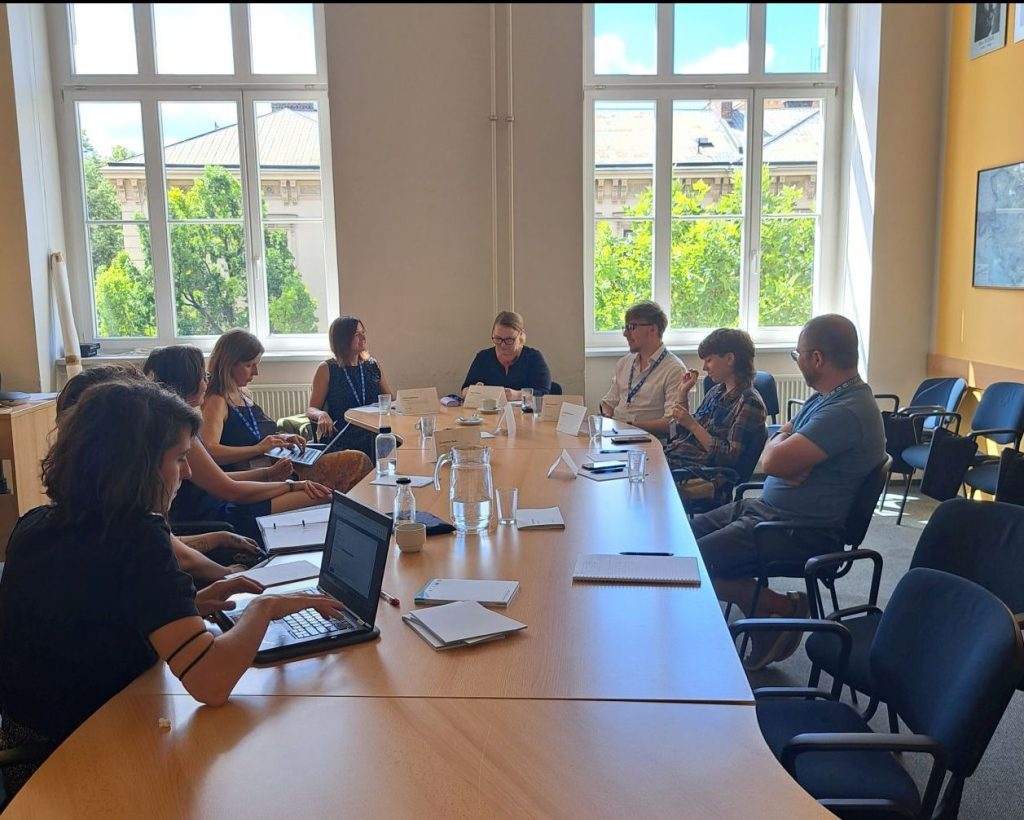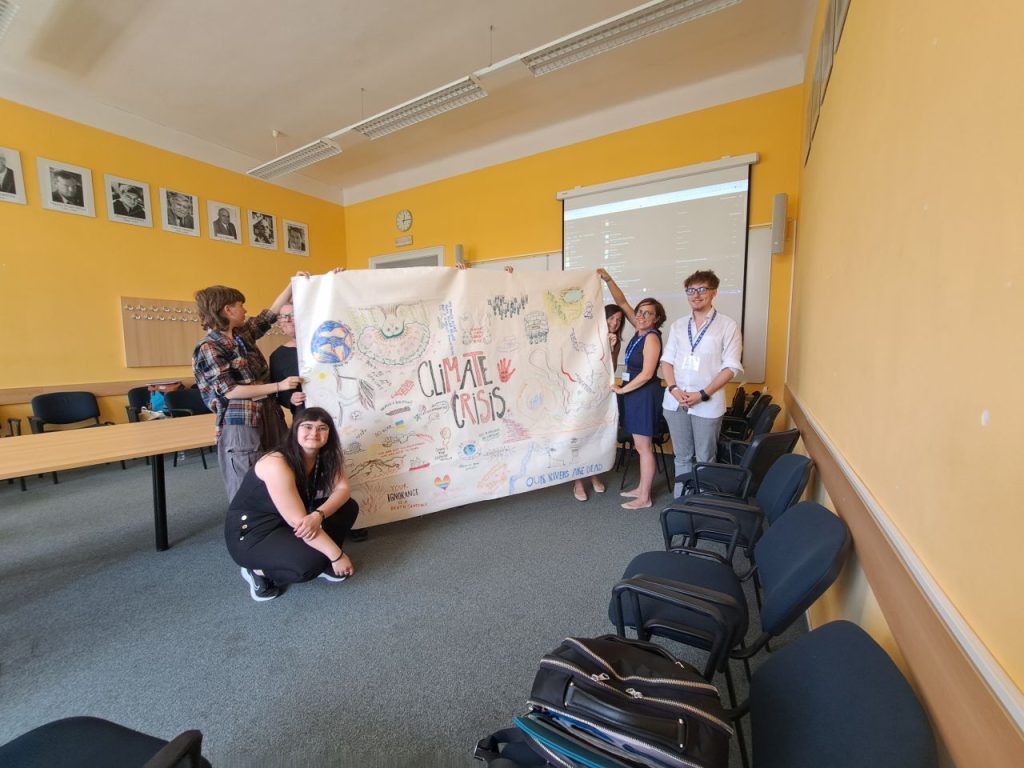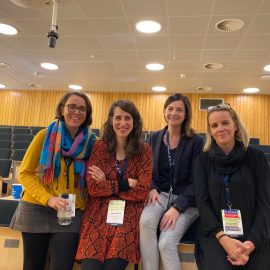
by Anna Vancsó
Last week we organized a round-table discussion and workshop focusing on youth digital activism within the confines of the CEECom conference, at Masaryk University in Brno.
The session started with Annamária Neag’s brief presentation about the main findings of our project and was followed by an intense discussion among the invited speakers led by our colleague, Lenka Vochochová. The speakers came from different backgrounds: excellent scholars like Sarah Pickard from Sorbonne-Nouvelle University, Jakub Macek from Masaryk University, a Czech film-maker Andrea Culková (Grief, 2020; Sugar Blues, 2014); and two members of the Fridays for Future movement (FFF), Lili Aschenbrenner from Hungary and Pavel Rysula from the Czech Republic. By inviting young activists, we tried to stand up against a perceived negative trend, and make academia more welcoming to young research participants.
During the round-table discussion we have touched upon several relevant topics. As the first part of the PRIMUS research dealt with the media representation of the FFF movements in the two countries, we were discussing their role in emphasizing the generational aspect as a problem concerning the FFF movement. The discussants raised the question about the possibility of more collaborative, solution-oriented media practices and all agreed on the fact that due to the massive amount of articles online media must produce, ‘lazy journalism’ becomes dominant by copying already existing (PR) contents. This leads to a lack of deeper analysis of marginalised topics.

Another topic we discussed dealt with the exclusion of youth from the public sphere, and how and why the strategies of exclusion differ in the two countries. Youth activists are – without a doubt – threatening the status quo. Pavel from Czech FFF highlighted how people are disconnected from the whole topic of climate crisis, while Lili from Hungary said that people – both older and younger – are not used to youth and children being politically active which is another form of threat to the existing social norms.
Concerning the role of digital media we noted a Janus-faced perspective: digital media gives a chance to spread the views of FFF and to mobilize people, but also can double the weight on activists to be present online and offline at the same time, as building an active and united community requires both. Being an activist is a part or even a full-time job which they have to do beside their other responsibilities like studying or taking part in any other extra-curriculum. This massive amount of work can easily lead to burn-out, so they have to learn balancing their everyday life and their work as activists at this very young age.
The second part of the sessions was designed by Lili and Pavel and we were all invited to create a huge drawing based on our thoughts and feelings concerning the topic climate crisis. This activity was so much fun that we almost forgot that we are in an international conference. We were discussing our thoughts while explaining our ‘art-work’, thus the topic was constantly ‘on the table’ but in a free and safe environment.
I think we all agree that these kind of workshops should be organized in all conferences as it also gives the chance to build connections and strengthen relations beside the short coffee breaks. Moreover, it helps us thinking about our own project out of the box and shed light on new angles and reflect on our own perceptions. It was an important lesson we have learnt in a very good way 😊




